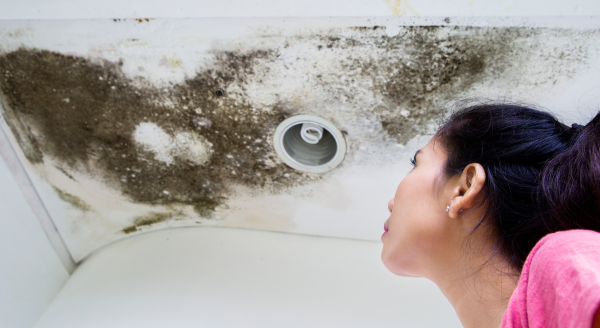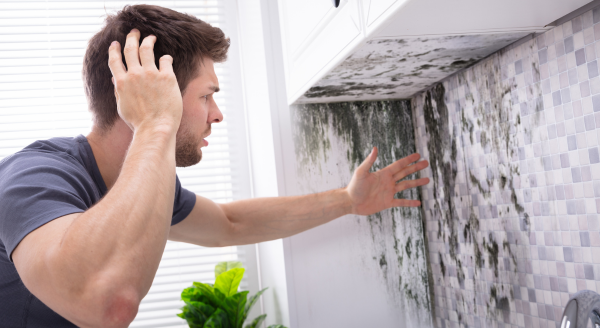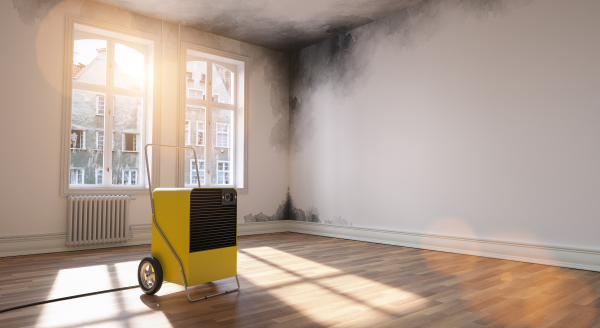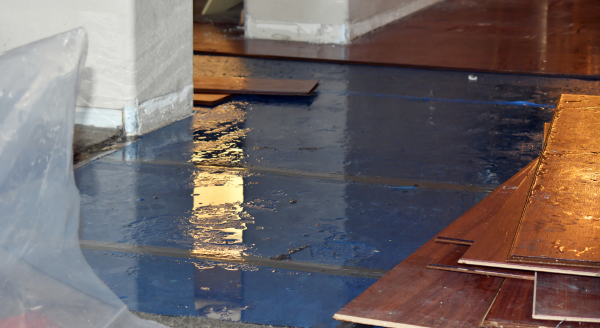Both licensed mold assessors and remediators have important jobs. However, in the state of Florida, certain laws must be met before mold inspectors can go about their business. Let’s take a closer look at Florida’s mold laws and how they might affect you.
The Difference Between Mold Assessors and Remediators
First, it’s important to understand the difference between mold assessors and remediators, as Florida mold laws separate the two.
A mold assessor identifies a mold problem, while a mold remediator fixes the problem. Both require thorough training as well as documentation of their training.
Does Florida Require Mold Assessors to Be Certified?
In short, the answer to this question is “yes.” Both mold assessors and remediators must be legally certified as licensed mold experts. Additionally, Florida law recommends that homeowners keep their mold assessors and their mold remediators separate. For licensed mold experts, it is important to understand why.
Mold assessment and remediation occurs in 3 steps.
- Identify the problem (mold assessor).
- Eliminate the problem (mold remediator).
- Inspect to ensure the problem is gone (mold assessor).
If the mold assessor and the mold remediator are the same individual (you), it could give a homeowner reason to doubt your integrity. After all, you could very well “identify” a problem and then charge a high cost to “remove” the problem.”
For this reason, Florida mold laws separate the two jobs. On July 1, 2010, the state ruled that no mold assessor may offer to perform mold remediation within one year of their assessment. Additionally, mold remediators may not provide services without a legal license in both water and mold repair.
Likewise, both mold assessors and mold remediators remain liable for their work up to $1 million. This prevents both parties from working together to benefit unfairly from a client.
Don’t Forget About Documentation
Florida’s mold laws also specify the need for proper documentation. To avoid confusion, lawsuits, or false claims, make sure you carefully document each step of the mold removal process in writing.
Again, mold assessment and remediation should occur in the following steps, with accompanying paperwork.
- The mold assessor carefully performs industry tests, identifying the location and severity of a home’s mold and water damage.
- A mold remediator comes in and removes the source of the problem, eliminating all mold from the home. Depending on the situation, the remediator might make repairs to damaged areas.
- The mold assessor returns and performs a post-remediation inspection, ensuring that the removal process was properly executed. This is called a clearance test or verification inspection.
Are You Interested in Becoming a Mold Assessor?
If you aren’t sure how to go about taking classes or the licensing examination, call us today. The National Environmental Training Institute (NETI) is a state-certified training company offering Mold Remediator and Mold Assessor training. NETI also offers continuing education units (CEU’s), certification, and licensing.










